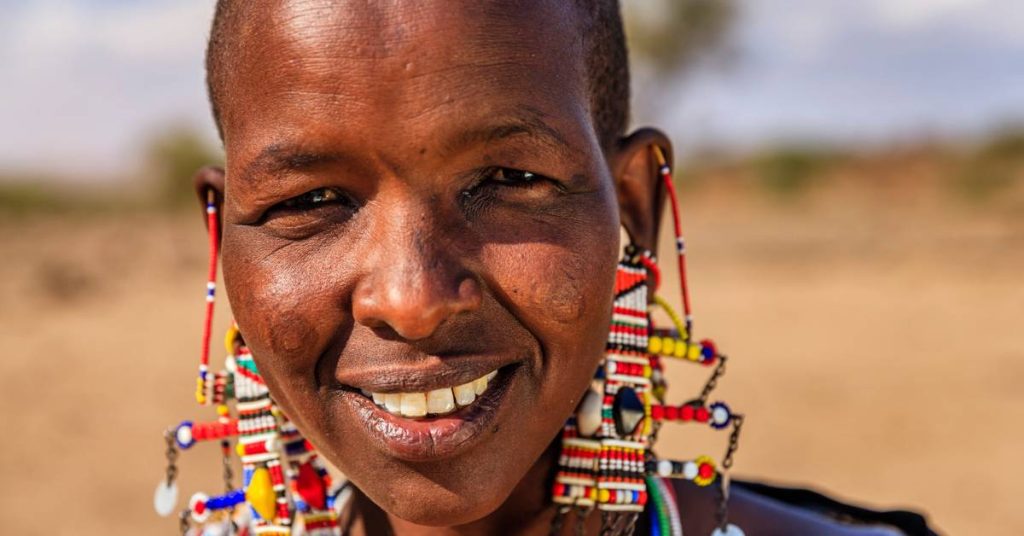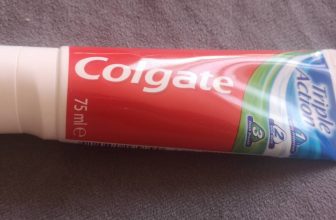
Have you ever wondered what amazing oral hygiene could look like without modern dental techniques? Enter the Hadza tribe of Africa – known for their healthy teeth despite lacking toothbrushes and other dental tools. The Hadza, a hunter-gatherer tribe, live in northern Tanzania, and their uniqueness has made their lifestyle the focus of scientific curiosity, from their diet to dental health. In this post, we will explore the secrets behind the Hadza tribe’s healthy teeth and what we can learn from them.
History of the Hadza tribe of Africa

The Hadza are an ancient tribe of hunter-gatherers who have lived in the same area for thousands of years. They live a traditional lifestyle, growing their own food and hunting wild game with bows and arrows. They are self-sufficient, living off the land and striving to maintain their traditional ways as much as possible.
The Hadza’s diet is based on what they find in nature – fruits, vegetables, nuts, honey, and small animals like birds or hares. They also eat tubers dug up from the ground and hunt antelopes for meat. There is little evidence that they consume processed foods or other modern products – making them one of the few living examples of traditional hunter-gatherer societies left in the world.
Oral Hygiene of the Hadza

The Hadza are known for their healthy teeth, despite lacking modern dental equipment and techniques. This is likely due to a combination of things, including their diet and lifestyle. They don’t consume sugary foods or drinks that can lead to tooth decay, and they chew fibrous plant foods which help clean the teeth as they eat. Additionally, they use wooden sticks to clean between their teeth every day – an effective way to remove food particles and plaque buildup.
What We Can Learn from the Hadza Tribe’s Oral Hygiene Practices
Though it may seem strange to us, we can learn some valuable lessons from the Hadza tribe’s oral hygiene practices.
Five things we can learn from them:
1. Diet

The Hadza are known for their balanced diets. Their food is primarily meat, berries, roots, tubers, and honey, which are all rich in nutrients. Unlike the highly processed modern diet, Hadza’s foods lack refined sugars, which can result in cavities. Sugar is a major culprit when it comes to the decay of teeth, as it feeds bacteria that can erode enamel. The Hadza’s non-sugar-filled diet, alongside a high fiber content, gives them a healthy mouth biome that is rich in protective bacteria that help to maintain oral health.
2. Chewing sticks
Another reason for the healthy teeth of the Hadza is their use of twigs, or “chewing sticks.” They chew on different twigs to clean their teeth due to their antibacterial properties and their ability to scrape away dental plaque. They typically use twigs from the Salvadora Persica tree since they contain antibiotic properties that help kill bacteria.
3. Avoidance of processed foods

The Hadza dwell in a remote area where food processing companies can’t reach them. They rely on locally available natural foods which are very low in sugar. They avoid processed foods, drinks, and sweets, all of which contain high levels of sugar, resulting in poor oral health.
4. Hygiene practices
It comes as no surprise that oral hygiene practices are key to Hadza’s healthy teeth. Although they lack access to toothbrushes and other dental tools, the tribe still maintains good dental habits. Mothers teach children how to keep their teeth clean and their breath fresh. This involves various actions, including rinsing the mouth with water and gargling.
5. Regular checkups
The Hadza people have knowledge of the dangers of tooth decay, which is why dental checks form part of their routine. For instance, they visit traditional healers for quick oral health check-ups or when they compare notes with their peers. This allows them to detect and address early signs of decay.
Conclusion
Attempting to emulate the lifestyle of the Hadza might be difficult. However, we can learn from their practices to improve our oral hygiene. Although we cannot adopt all of their habits while living in a modern society, we can still take inspiration from their lifestyle and make necessary changes. In conclusion, a healthy diet, natural oral hygiene practices, and regular checkups can all help keep our teeth healthy, just like the Hadza.







